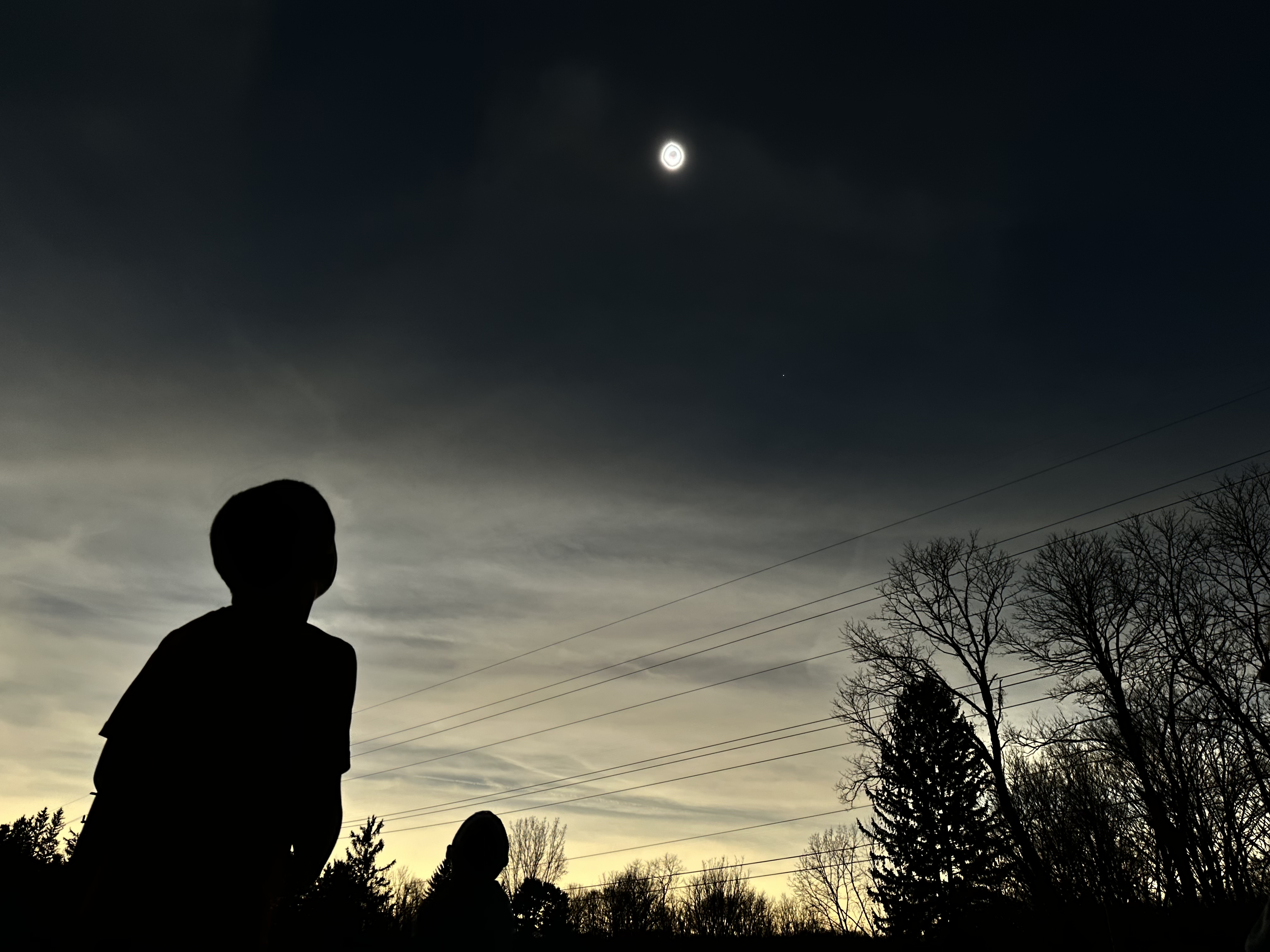1 Samuel 4
The ark of the Lord was the Lord’s Presence during the Old Testament. It wasn’t like today when God actually lives in the hearts of Christians. But reading chapter 4 has me thinking.
Israel was at war with the Philistines, and lost an important battle to the enemy. Eli, the High Priest was at home anxiously waiting for news. When the messenger got there, the news wasn’t good.
The first thing Eli heard was that the battle was lost. The second thing he was told was that his two sons, Hophni and Phinehas, had both been killed. The news must have cut Eli to the core. Can a parent receive worse news?
There was a third part to that report. The ark of God had been taken as plunder by the enemy.
When (the messenger) mentioned the ark of God, Eli fell backward off his chair by the side of the gate. His neck was broken and he died… (verse 18a)
Eli’s pregnant daughter-in-law was then given the report. She was told about the defeat of the Jewish army and the deaths of her husband and his brother. To that, she found out her father-in-law was also dead. Again devastating news, this time for a young woman starting her family.
She also was told the ark of Lord had been captured by the Philistines. She immediately went into labor and died in childbirth.
The awful news of the loss of life understandably grieved Eli and his daughter-in-law. But what seems to have tipped the scales and threw them over the edge was the news of the captured ark of God.
Now, here’s what I’m wondering. Like I said the ark was the presence of God in Israel. The presence of God in 2024 is in your heart and mine. If His presence was removed today, would that news tip us over the edge or would we even notice?
Obviously, if the Holy Spirit decided to pack it all in and return to heaven, we’d notice. We’d be in hell.
But do we understand that our sin separates us from God? Some people don’t worry about that thinking once saved always saved, and God’s promise to never leave or forsake us. But that doesn’t mean God will follow us into sin if that’s where we are headed. He won’t forsake us. But we can certainly forsake Him.
I imagine all of us have experienced times when we feel closer to God than other times. Why is that? Does God move, or do we?
What causes the change except sin? God cannot and will not exist where sin is. And if we are holding sin in our hearts, where do you think God is? It’s at those times I might not know where He is, but I sure know where He’s NOT.
If I refuse to confess a sin, and then wonder why I feel I’m not as close to God as I used to be, I need to wake up. The problem isn’t that I don’t “feel” close to God. The problem is I’m NOT close to God because of my sin. It has nothing to do with my feelings and everything to do with my sin.
Oh, that we would be as heartbroken as Eli and his daughter-in-law over the thought of the loss of God’s presence. May we protect the Presence by moving nearer and nearer to Him through reading Scripture, praying and obeying. May we recognize sin and repent every time.
And may we never get comfortable living with the distance between our Holy God and ourselves.
Protect the Presence.
